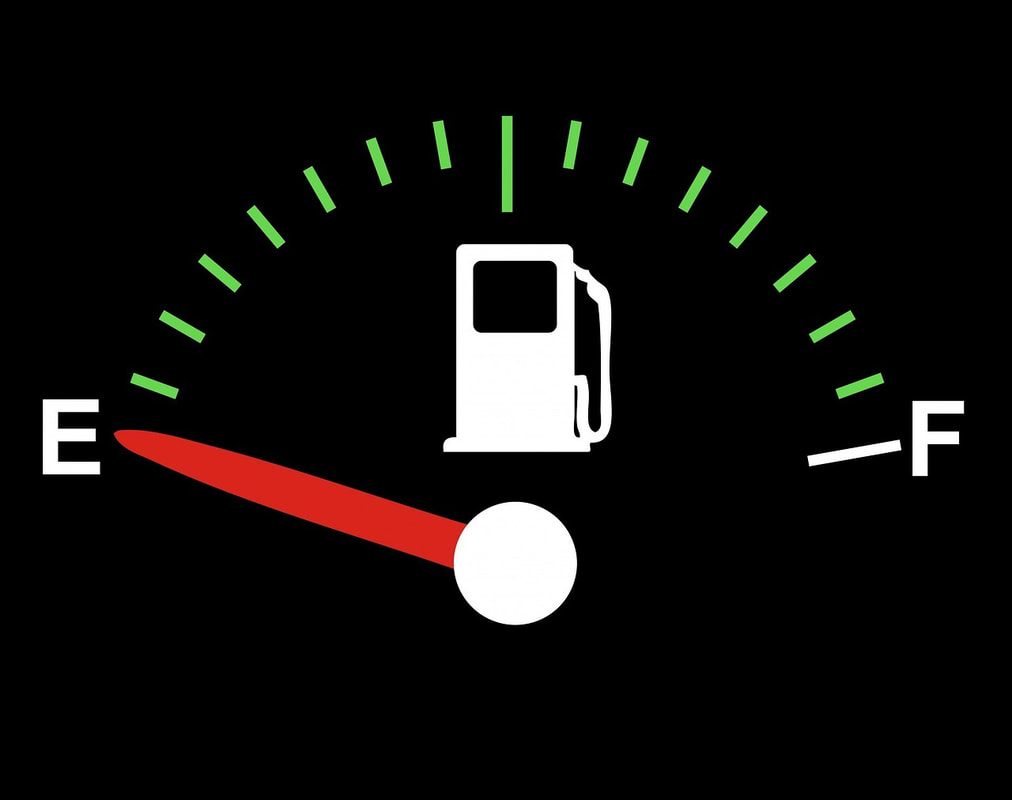|
Do You Buy Fuel? Then Be Very Afraid! By Tom Yamachika, President We have occasionally written about a “carbon tax,” something environmentalists appear to be supporting enthusiastically. The basic idea behind one is that a tax is placed upon the purchase of all fuels that result in carbon emissions when the fuel is burned to release energy. The amount of the tax is based on the type of fuel and is priced to be a certain dollar amount per metric ton of carbon emitted into our atmosphere. Hawaii already imposes a state tax on liquid fuels and allows the counties to impose a county fuel tax on top of it. These taxes go to the state and county highway funds. They are meant to raise funds from those who use the highways and byways. Currently, the state tax on gasoline is 16 cents per gallon. The county tax is 16.5 cents per gallon in Honolulu, 17 cents in Kauai, and 23 cents in Maui and on the Big Island. Then, of course, we have our general excise tax, which is imposed on just about everything. That tax feeds our general fund. That tax, including county surcharge, is 4.5% anywhere except Maui, where it is now 4% but with Maui legislators asking the State for permission to impose a county surcharge as well. Finally, we have the barrel tax, currently $1.05 per barrel of petroleum product imported. That works out to 2.5 cents a gallon. Senate Bill 3150 and House Bill 2654 are companion bills that would replace our barrel tax (currently $1.05 per barrel of petroleum product imported) with a carbon tax. The Senate bill was just heard and advanced by two Senate committees after strong and impassioned testimony in support from the Hawaii Climate Change Mitigation and Adaptation Commission, Hawaii State Energy Office, Americans for Democratic Action, Blue Planet Foundation, Imua Alliance, and others. The bill contained these tax rates: The gasoline rate works out to an additional 17 cents per gallon when the bill is signed, an additional 29 cents per gallon in 2024 (over the current tax rate), an additional 41 cents per gallon in 2027, and an additional 53 cents per gallon in 2030. And that’s just the carbon tax. Fuel cost, and GET on the whole thing, are additional.
At the same time, the Department of Transportation is trying to make us accept a “road usage charge,” which would be an annual fee based on miles traveled in the State. The charge being modeled now would be revenue neutral – but we wonder if it will stay that way once our legislators get their hands on it. Finally, don’t think you’ll be spared if you drive an electric car! Most of our electric utilities make electricity by burning bunker fuel, and this tax contains no exemption for utilities. So, if this bill passes, guess what is going to happen to your electric bill.
0 Comments
Your comment will be posted after it is approved.
Leave a Reply. |
If you wish to further discuss blog posts, please contat our office directly or contact us via Contact page.
Categories
All
|



 RSS Feed
RSS Feed